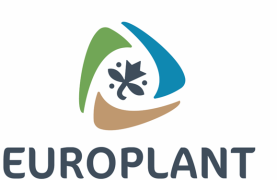Abstract
Soft rot of potato (Solanum tuberosum L.) tubers caused by Pectobacterium carotovorum subsp. carotovorum (Pcc) leads to heavy economic losses worldwide during postharvest storage. The present study focused on the effects of cinnamon essential oil (CEO) and cinnamon essential oil nanoemulsion (NCEO) on the total antioxidant capacity (TAC), malonaldehyde (MDA) content, total phenolic content (TPC), respiratory rate and energy charge status in controlling the incidence and severity of soft rot disease in potato tubers during 8 d of storage at 27 °C. Disk diffusion assays revealed that the antimicrobial effects of the CEO and NCEO treatments on inhibiting the growth of Pcc in vitro were not significantly different (P > 0.05). The levels of TAC were clearly enhanced by the CEO treatment, and the highest amount of TPC was recorded in the NCEO and CEO treatments. The NCEO and CEO treatments suppressed the increase in MDA content during storage. In all groups, the respiratory rate and energy charge decreased after they increased on the second day of storage. The highest respiratory rate was reported in the NCEO treatment, followed by the infected tubers treated with CEO, at the beginning of storage. The evidence of the incidence and severity of the disease clearly showed that the NCEO and CEO treatments inhibited soft rot in potato tubers.














